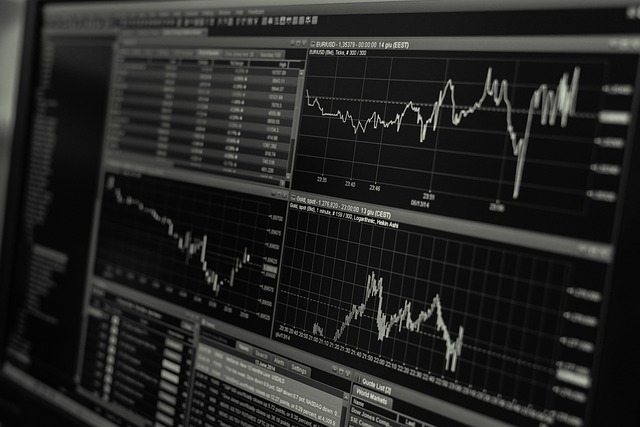Economics Degree: Coursework, Skills, and Career Options
An economics degree provides structured study of how individuals, firms, and governments allocate scarce resources. Programs combine theory, quantitative methods, and applied topics to explain markets, policy, and decision-making. Whether you aim for public policy, private sector roles, or further study, understanding what an economics degree teaches and how it translates to careers helps you evaluate options at a university and beyond.

What does an economics degree cover?
A typical economics curriculum includes microeconomics, macroeconomics, econometrics, and elective courses such as labor economics, international trade, and development economics. Students learn to model behavior, analyze market outcomes, and evaluate policy impacts. Quantitative training — statistics, calculus, and data analysis — is often emphasized to test hypotheses and forecast trends. Coursework balances theoretical frameworks with empirical projects, giving students tools to interpret data and communicate findings to academic and nonacademic audiences.
How does an economics education develop skills?
An economics education develops analytical reasoning, critical thinking, and quantitative literacy. Assignments usually require interpreting models, running regressions, and writing policy briefs or research papers. These exercises build the capacity to identify causal relationships, assess trade-offs, and present complex information clearly. Soft skills such as argumentation, teamwork, and project management are also cultivated through group work and presentations. Employers value these abilities because they translate into problem-solving and decision-making across sectors.
What career paths follow an economics degree?
Graduates pursue roles in government, consulting, finance, data analytics, research institutions, and non-governmental organizations. Common job titles include economic analyst, policy advisor, market researcher, and data analyst. An economics degree can also be a stepping stone to graduate programs in economics, public policy, business, or law. Career trajectories vary: some graduates enter entry-level analytical roles while others specialize further through professional certifications or master’s degrees to move into senior technical or leadership positions.
How does an economics degree relate to finance roles?
Economics provides a theoretical foundation for many finance roles by explaining how markets and institutions function. Skills in econometrics, time-series analysis, and risk assessment are directly applicable to investment analysis, asset management, and financial risk management. While finance-specific training (e.g., corporate finance, derivatives) may be required for certain positions, an economics background supports roles that demand rigorous quantitative reasoning and an understanding of macroeconomic and policy influences on markets.
Is a university degree necessary for economics work?
A university degree in economics or a related field is commonly required for analytical roles, particularly those involving research or policy analysis. However, some positions focus more on technical skills — programming, data visualization, or domain expertise — and may accept alternative credentials or experience. For many career paths, a bachelor’s degree provides sufficient foundation; for research-intensive, academic, or high-level consulting roles, a master’s or PhD is often expected. Local services and internships can provide practical exposure during study.
How to apply an economics degree in public and private sectors?
Applying an economics degree involves translating analytical insights into actionable recommendations. In the public sector, economists evaluate policy impacts, cost-benefit analyses, and regulatory design. In the private sector, they contribute to market strategy, pricing models, and forecasting. Building a portfolio of applied projects, internships, or capstone research helps demonstrate practical impact. Networking with alumni, attending workshops on data tools, and pursuing internships through your university increase visibility to employers in both sectors.
Conclusion
An economics degree is a versatile credential that combines theoretical insight with quantitative skills, preparing graduates for roles across government, finance, research, and business. The program emphasizes modeling, data analysis, and clear communication, which are transferable to many career paths. Deciding whether to pursue a bachelor’s, master’s, or professional pathway depends on your career goals, interest in technical research, and the types of roles you want to pursue in your area.






